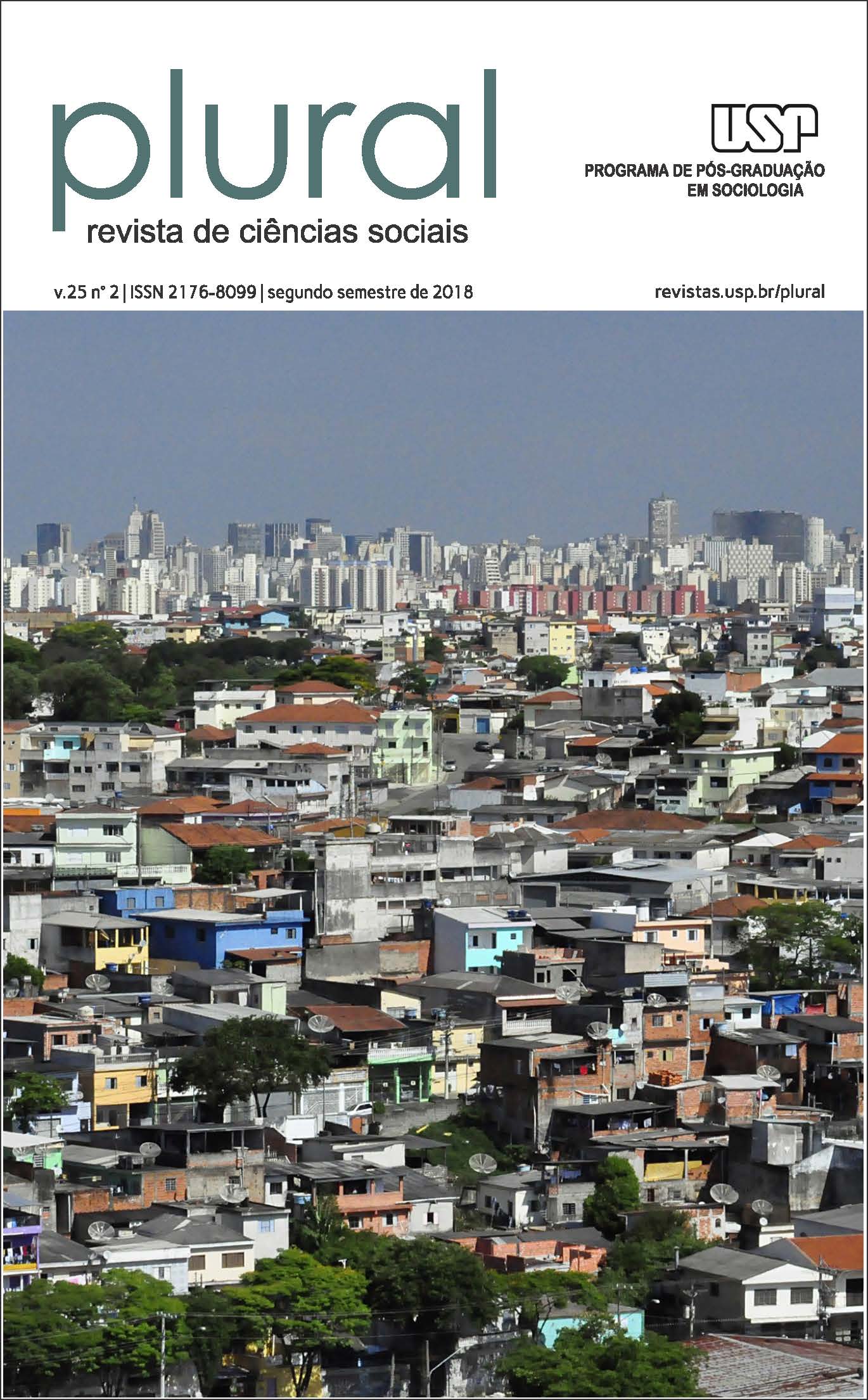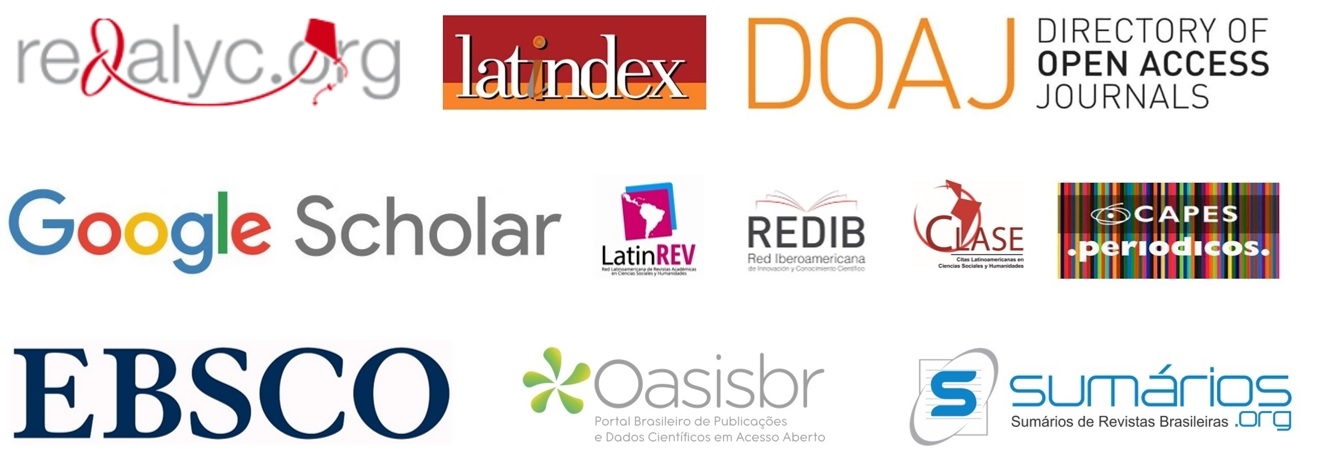Do direito à cidade ao direito à periferia: transformações na luta pela cidadania nas margens da cidade
DOI:
https://doi.org/10.11606/issn.2176-8099.pcso.2018.153617Palavras-chave:
Direito à Cidade, Periferia, Cidadania, Luta PolíticaResumo
A partir de uma pesquisa etnográfica em dois distritos da periferia de São Paulo, o objetivo deste artigo é realizar uma análise a respeito das concepções de “cidadania” e “direito à cidade” formuladas a partir de uma perspectiva periférica. O texto argumenta que a cidadania deve ser entendida como estratégia política e dentro de uma luta pelo “direito a ter direitos”. Dessa maneira, promove-se uma leitura histórica em torno das lutas pela cidadania e de como elas têm se transformado recentemente nas periferias urbanas no Brasil. Ao fim, é apresentada a ideia de “direito à periferia” como forma de compreender o “direito à cidade” contemporaneamente na perspectiva dos sujeitos que buscam se articular e entrar na cena política nas periferias. A ideia de um “direito à periferia” emerge do fortalecimento de movimentos culturais de cunho identitário que buscam valorizar o “ser periférico” como parte fundamental da formação política de moradores de periferias. Desse modo, a mobilização política e social nas periferias aponta para uma luta que busca garantir o direito à igualdade de forma concomitante com o direito à diferença. O “direito à periferia” articula a luta política e a luta cultural de modo a reconhecer uma relação intrínseca e não oposta entre a igualdade e a diferença.
Downloads
Publicado
Edição
Seção
Licença
Copyright (c) 2018 Política de direitos compartilhados

Este trabalho está licenciado sob uma licença Creative Commons Attribution-NonCommercial-ShareAlike 4.0 International License.
Ao submeter seu trabalho à Plural, o autor concorda que: o envio de originais à revista implica autorização para publicação e divulgação, ficando acordado que não serão pagos direitos autorais de nenhuma espécie. Uma vez publicados os textos, a Plural se reserva todos os direitos autorais, inclusive os de tradução, permitindo sua posterior reprodução como transcrição e com devida citação de fonte. O conteúdo do periódico será disponibilizado com licença livre, Creative Commons - Atribuição NãoComercial- CompartilhaIgual –, o que quer dizer que os artigos podem ser adaptados, copiados e distribuídos, desde que o autor seja citado, que não se faça uso comercial da obra em questão e que sejam distribuídos sob a mesma licença (ver: http://www.creativecommons.org.br/).







